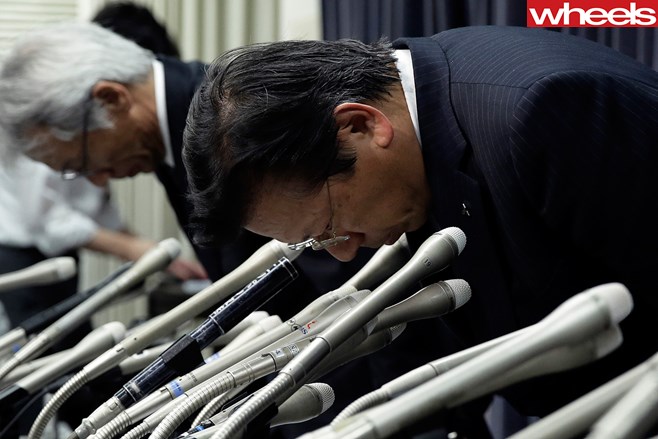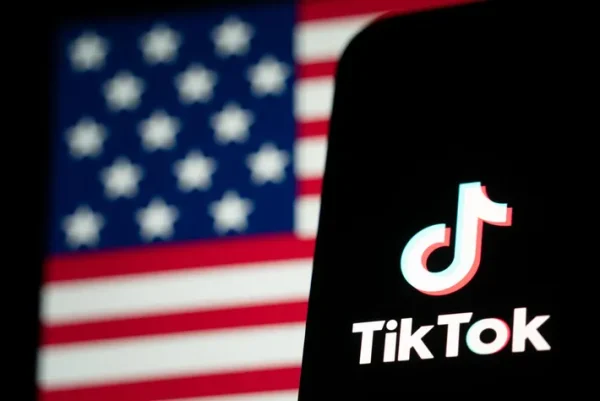Mitsubishi Fuel Scandal
Top executives at Mitsubishi Motors are resigning, weeks after the company admitted it falsified fuel economy tests affecting hundreds of thousands of cars. President Tetsuo Aikawa and Vice President Ryugo Nakao will step down from their posts on June 24 at a general shareholder’s meeting, the company announced Wednesday. Mitsubishi (MSBHF) said last month it had failed to conduct correct fuel efficiency tests in a scandal that has now spread to 13 models and goes back a quarter century.
Investors have reacted by abruptly removing roughly 32% of the company’s stock value over the past month. The fallout has continued to widen, putting the company’s financial top investors at risk. Just last week, one of Japan’s big three automakers, Nissan (NSANF), said it would make a $2.2 billion investment in Mitsubishi, becoming its largest shareholder in an effort to help steer the company out of its crisis.
Mitsubishi said its initial investigation showed that company managers were under a unsustainable amount of pressure and time to keep pace with fuel economy rates reported by competitors, and used a procedure to calculate efficiency that did not comply with Japanese law. Now that this has now been admitted, the company faces a difficult job to rebuild trust with customers. However, the Mitsubishi scandal prompted the Japanese government to ask other automakers in the country to review their fuel emissions and economy tests. Due to this act, on Wednesday, Suzuki Motor apologized for using an improper testing method on 16 of its models.
“We are determined to preserve and nurture the Mitsubishi Motors brand,” Nissan CEO Carlos Ghosn said. “We will help this company address the challenges it faces, particularly in restoring consumer trust.” Conversely, Mitsubishi shares went up 16% in Tokyo on Thursday as reports of the tie-up began to become known upon the public, though the official announcement came after markets closed. The shares have still lost about one third in value since the scandal broke.
Some may ask, why invest? According to Nissan, the sole purpose of this investment is to solidify and get the good reputation Mitsubishi Motors has. However the company’s plans to spend 237 billion yen ($2.2 billion) to take a 34% stake in Mitsubishi(MSBHY),makes it a risky reward to maintain the reputation of its largest shareholder. Now, this act is not the first that has come up in recent years among car makers.
Cole Taylor (11) stated in an interview with me, on his thoughts about this fuel scandal, “When I heard about this, I was very surprised and mad at the same time. Lying to the people that are willing to buy the products and spending thousands, all to get lied to is disgraceful.”
Other automakers including Hyundai and Kia have been penalized in recent years for putting a rosy spin on fuel economy figures. Korean carmakers Hyundai and Kia agreed to pay a combined $100 million fine in the U.S. in 2014 for overstating fuel economy estimates for many of their vehicles. They also had to refund customers for the difference in estimated fuel costs. That same year, Ford said it would compensate owners of about 200,000 U.S. vehicles after discovering the car’s’ gas mileage was overstated.

Brandon Russell is a senior at Yorba Linda High School. He is currently an editor-in-chief for The Wrangler. At this point in his life, he has many aspirations...





























